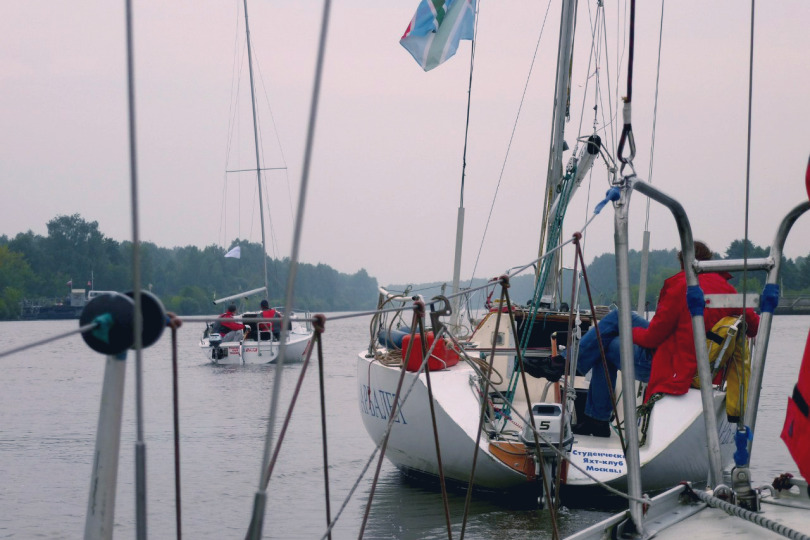‘Our Programme Keeps Developing!’
Maxim Nikitin, HSE Professor and Academic Supervisor of the ICEF Masters Programme in Financial Economics, tells us about the programme’s achievements and innovations, about its intake procedure in 2015, and about the 2014 and 2015 graduates.
School of Public Administration and Fulbright Programme Summer School
From June 7−12, 2015, the International Summer School on Sustainable Development of Urban Agglomerations took place as part of HSE’s cooperation with the Institute of International Education (Fulbright Programme). The summer school was organized by the HSE School of Public Administration together with the Fulbright Programme in Russia. This summer school was a continuation in a series of joint summer schools held with the Fulbright Programme (2012 and 2013) devoted to various aspects of theory and practice in sustainable development.
A People’s History of War
HSE has hosted the international academic conference ‘Europe, 1945: Liberation, Occupation, Retribution,’ during which historians, sociologists, and culturologists from various countries discussed the social, economic, military, political, and cultural phenomena caused by World War II. In an interview with the HSE News Service, the Director of HSE’s International Centre for the History and Sociology of World War II and Its Consequences, Oleg Budnitskii, discusses the conference, its organizers, and its guests, and also talks about why it is important to study the human dimension of war.
Want to Go to Germany…
‘The University of Passau is the youngest HEI in Bavaria but has earnt itself a good reputation since it opened in 1978,’ says Svetlana Maltseva, Academic Supervisor of the Master’s programme in Big Data Systems. ‘For more than ten years the university has occupied a leading position in German and European rankings in Law, Management and International Relations.’
MIEM Experts Help Detect Weapons Remotely
More reliable than a metal detector and safer than X-rays, a Terahertz scanner designed by HSE MIEM researchers allows the detection of items hidden under clothing, such as drugs and explosives, imperceptibly, without walk-through scanners and at a considerable distance. A highly sensitive THz receiver is capable of detecting waves emitted by the human body.
HSE ISSEK Book is among Top Springer Books in ‘Technology Management’
The Springer publishing company shared the statistics on the book ‘Science, Technology and Innovation Policy for the Future. Potentials and Limits of Foresight Studies edited by Dirk Meissner, Leonid Gokhberg and Alexander Sokolov. Since its release in 2013, it has passed the threshold of 9500 downloads at the Springer website.

HSE and MSU to compete on the water
The world-famous competition between Oxford and Cambridge universities traces its history back to 1829. These sporting duels are part of a broader tradition of genial one-upmanship between the two universities, which has been held on the river Thames for 186 years. This year, the tradition is coming to Moscow – where the capital's two leading universities will battle it out in a regatta.
Playing Football with Students and Intangible-driven Economy in Perm and Vigo
HSE Campus in Perm has launched a series of research seminars at the International Laboratory of Intangible-driven Economy involving international experts. Leading Research Fellow of the Laboratory Angel Barajas from the University of Vigo (Spain) and head of the sports economy section Dennis C. Coates, from the University of Maryland (US) were involved in the seminar series. From June 14 to 18 the 3rd International Summer School on the Intangible-Driven Economy will take place. Key speakers will include IDLab's leading researchers. Dr. Barajas spoke to HSE English News about the seminar series, the summer school, intangibles in football economics and the FIFA crisis.
HSE Student Speaks about Editorial Internship Experiences
Joshua Levy, a first-year student in the Master’s in Governance of Science Technology and Innovation programme, has taken the initiative to complete an internship at Russia Beyond The Headlines, a multilingual news and information resource published by Rossiyskaya Gazeta. He recently spoke with the HSE news service and told us a little more about his experiences at the newspaper.

